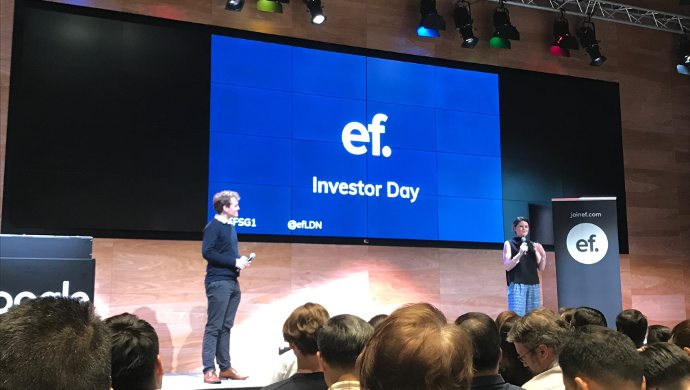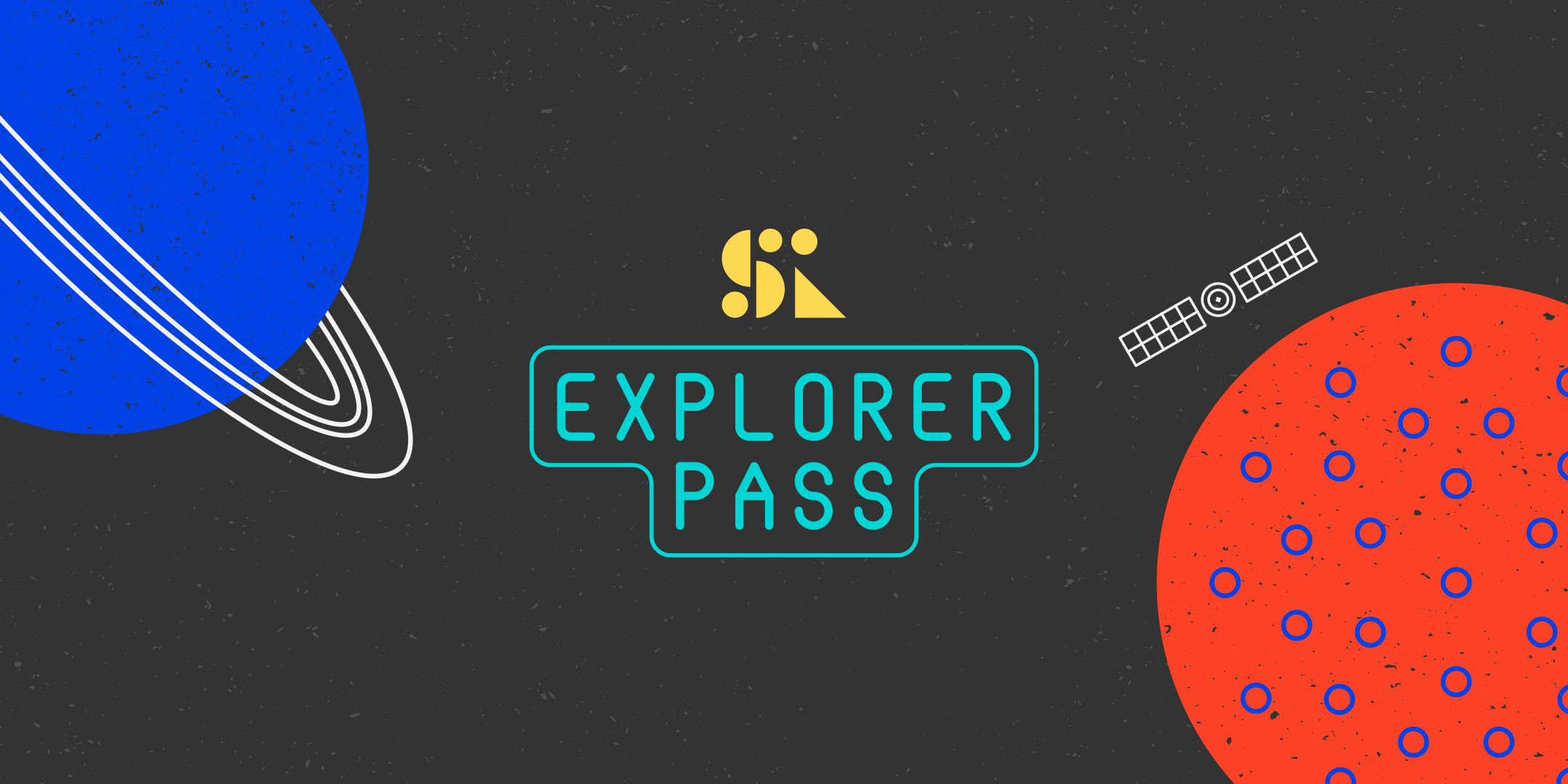
I spent 3 days in London last week attending BETT, one of the largest education technology conference in the world. My favourite talk at BETT is probably one by Halima Begum on learning through play. Halima is the Head of Connecting Play and Education, a programme by the Lego Foundation that aims to establish play-based learning as a critical component of the educational system. At Saturday Kids, we believe kids learn best when they are engaged, and there’s no better way to keep kids engaged than by letting them have fun. As such, our learning philosophy and pedagogy are deeply rooted in purposeful play. I was naturally drawn to Halima’s talk when I saw it on the conference agenda, and it certainly didn’t disappoint.
Curiosity is at the heart of learning through play. Key elements of play such as enjoyment, spontaneity and engagement stem from getting kids curious about an object or a phenomenon. With curiosity, kids become intrinsically motivated to learn, and from that intrinsic motivation comes creativity and imagination. A fundamental flaw of mainstream education is the fact that learners are passive receivers of knowledge, rather than active constructors of meaning. There’s a tonne of literature on the internet about the constructivist theory of learning, but the most important point about constructivism is the idea of learning through the experience of failure. Failure not in terms of scoring less than fifty percent for a paper, but in terms of a child accommodating a new experience and reframing his/her model of the way the world works.

Because we are such believers of learning through play, the curriculum team at Saturday Kids studies the work done by the Institute of Play very closely. Specifically, we keep Institute of Play’s 7 Game-Like Learning Principles in mind when designing courses that aim to make kids curious, inventive and resourceful. These 7 principles are:
- Everyone is a participant
- Failure is reframed as iteration
- Learning feels like play
- Learning happens by doing
- Feedback is immediate and ongoing
- Challenge is constant
- Everything is interconnected
Halima ended her talk with this line – Learning Is Not The Same As Schooling. If educators (and parents) can keep this in mind and bring curiosity, engagement and play to the way kids learn, our children will be so much better off for it. Play is sufficiently important to the United Nations that it has recognised it as a specific right for all children. Children need the freedom to explore and play. Let’s not let schooling get in the way.



